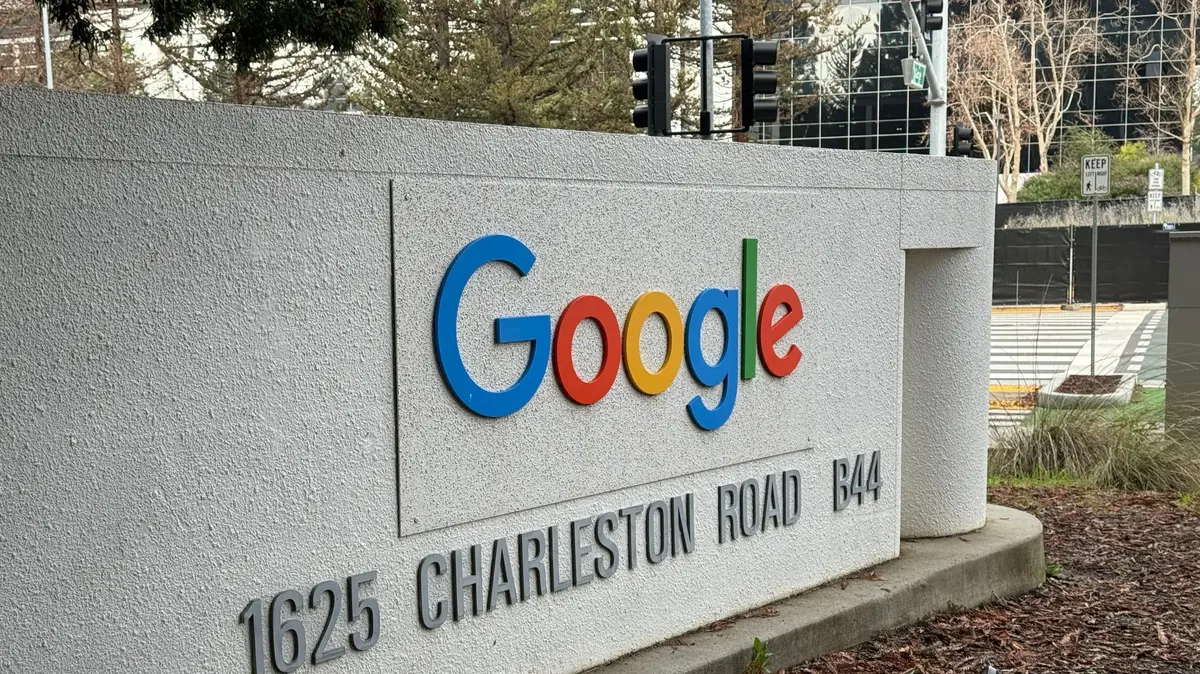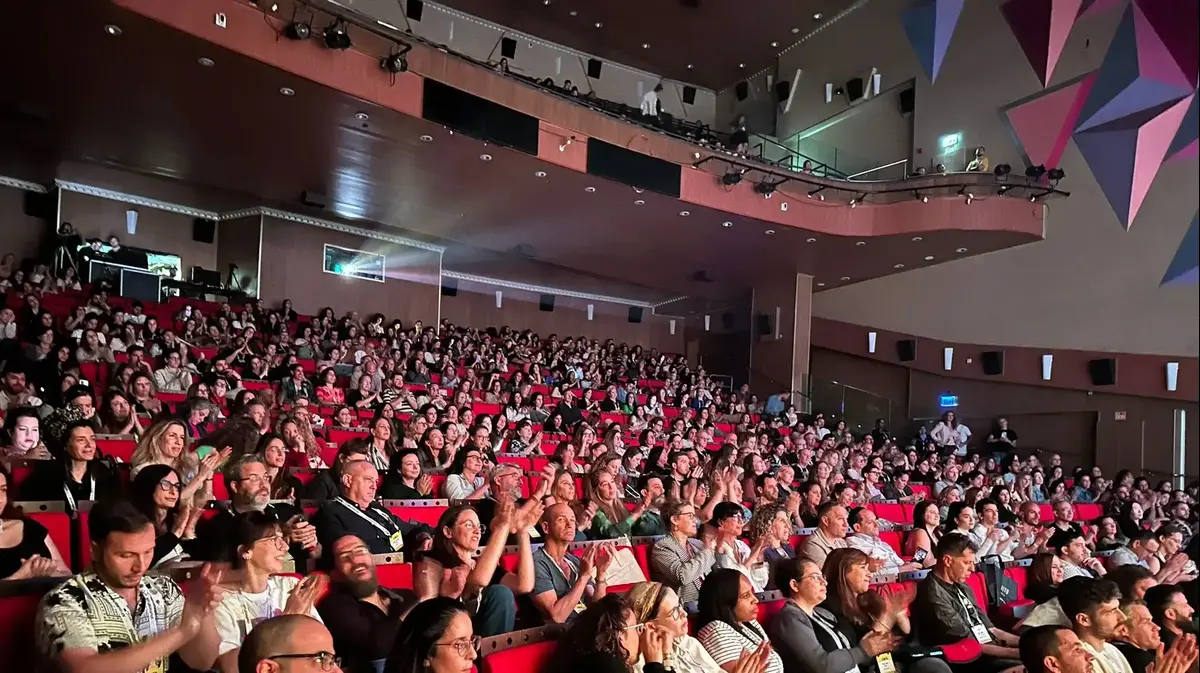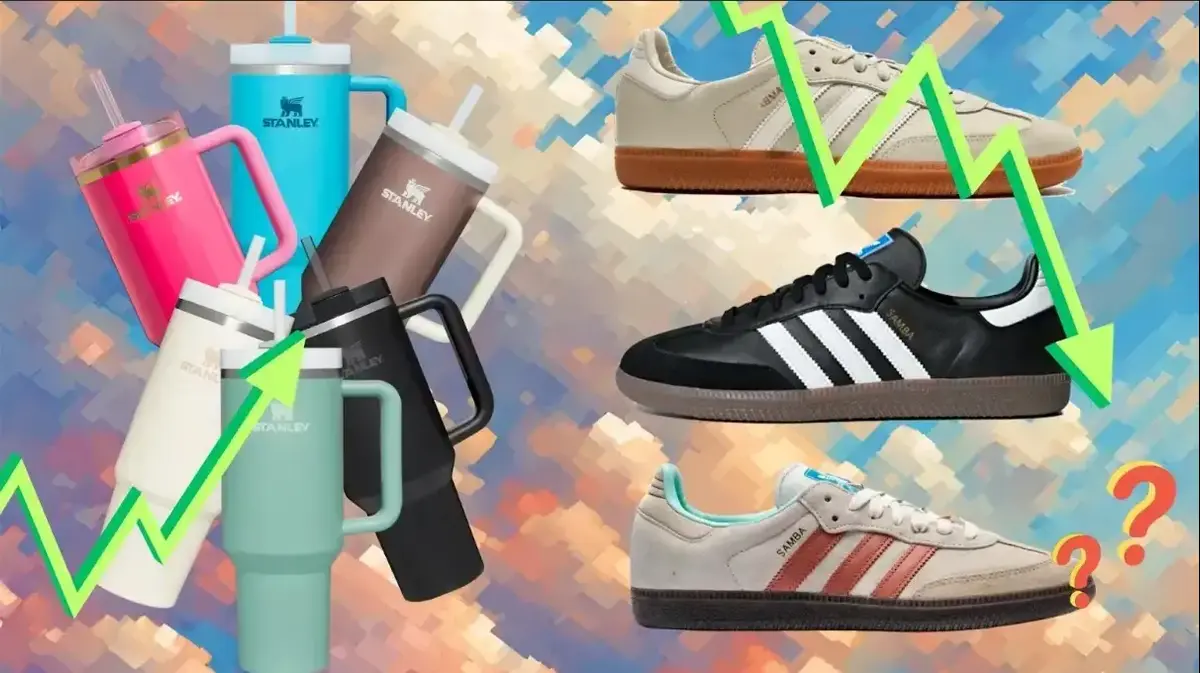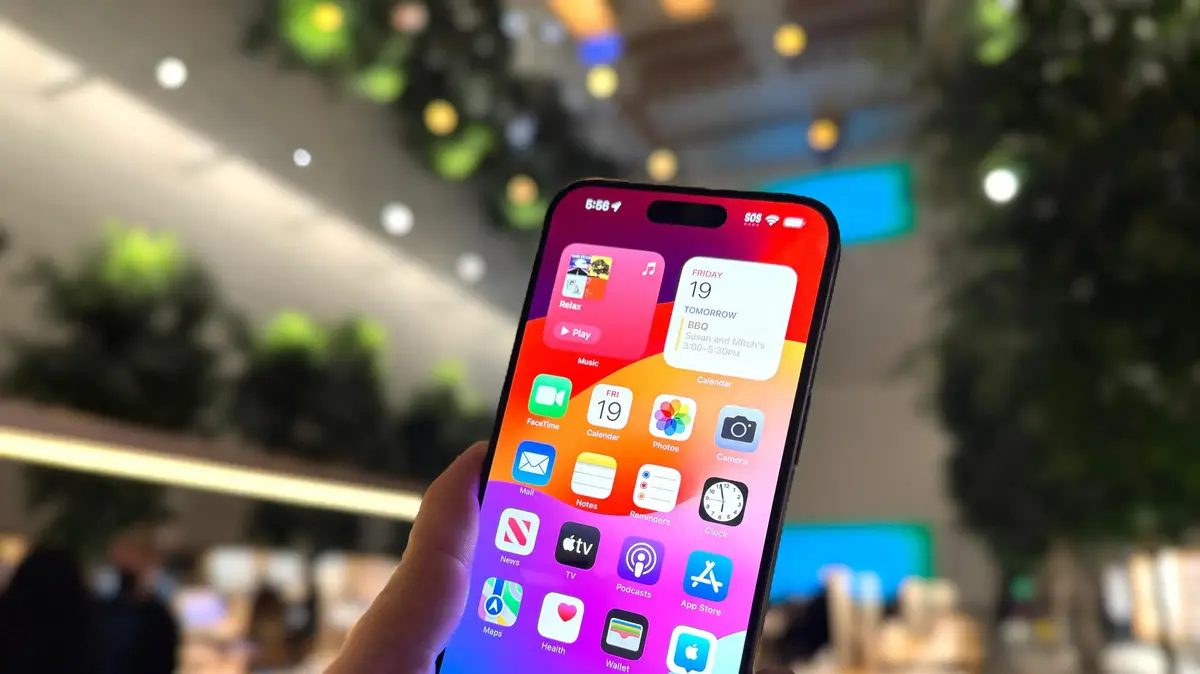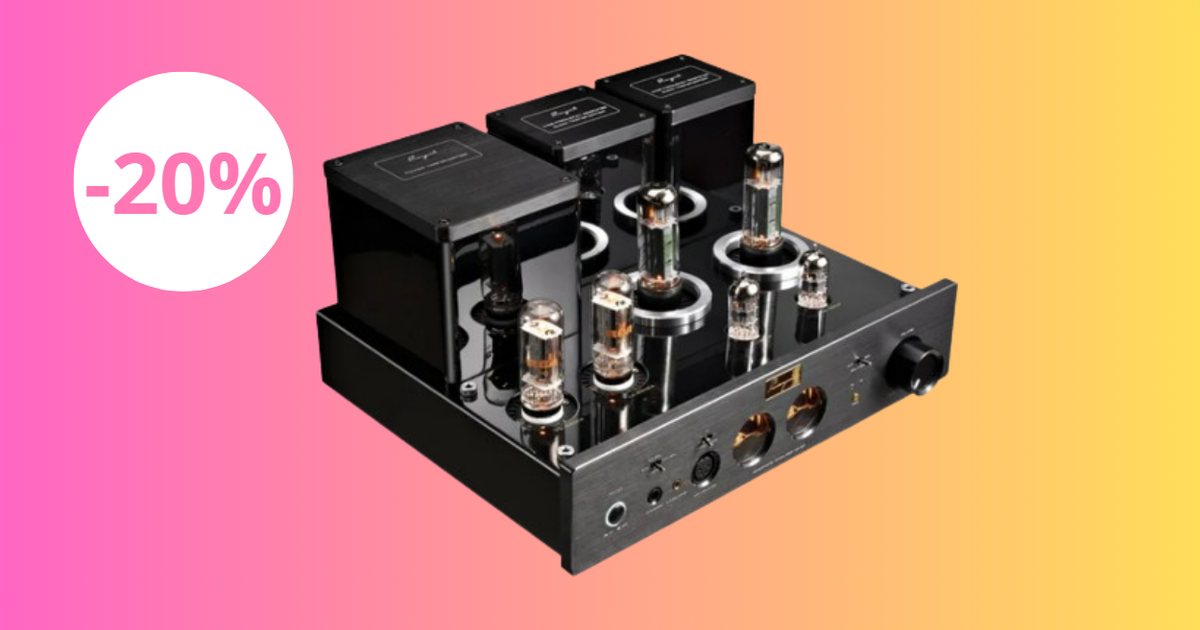Does music make us buy more?
Depends on what music. (Photo: Unsplash)
From Netflix to Auto Ice Cream
We all know it, relaxing on the sofa, darkening the living room, turning on the TV and then the catchy sound of Netflix is heard: "ta blood".
It is a sound that is 3 seconds long, so you will surely be surprised to know that Netflix worked on it for more than six months until they reached the desired sound.
Netflix's "ta-dem" is one of the most famous examples of "sound branding" - associating songs or sounds with the brand identity.
The voice tagging doesn't have to be a song or a complex melody, it can even be the "click" sound you hear when you open the smartphone.
This is a marketing aspect that not everyone is familiar with, but it is receiving more and more attention from companies and brands in the world, and for good reason.
In 2020, the international market research and consulting company IPSOS published a study that stated: sound is the most influential means of brands to create "strong branded attention" (strong branded attention) - more than presenters, influencers or logos.
This is quite logical considering that memory is taken in through our senses and works in the brain in an associative manner, so that any information we remember is always linked to other information.
Just as the smell of certain food brings us back to childhood, certain sounds can also flood us with emotional associations and bring up old memories.
From the sound of auto ice cream, through the sound of a WhatsApp message to Netflix's "Te Dam".
Sound as a means of improving memory
Recent studies on the subject have found that music not only evokes memories in us, but may also help us improve memory.
A study published in 2022 in Nature's Scientific Reports showed that functional connectivity in the brains of adults increased after they listened to their favorite music.
The researchers discovered that music bridges the gap between the auditory system of the brain and the reward system which plays an important role in the motivation to learn and create new neural connections that represent the new information learned.
The idea for this study came from the experiences of lead researcher Psyche Loui while playing in nursing homes.
She saw how people who had difficulty finishing a sentence or a thought suddenly managed to sing harmoniously to the sounds of the songs she played.
In the study, the scientists had a group of adults aged 54 to 89 listen to a personalized playlist for an hour each day for eight weeks.
Participants were asked to rate each song based on how much they liked it and how familiar it was.
The researchers, for their part, scanned the brains of the participants before and after listening to measure their brain response.
The researchers found that the favorite music created a network in the medial cortex, which is attributed to emotional processing, and improved the connectivity of this area with other brain areas involved in verbal and visual information processing processes.
In the video: despite Alzheimer's, this grandmother manages to sing all the words of the song, thanks to the music that etched them in her memory
What happens in our brain when we listen to music?
"The music is represented in different brain areas through a huge amount of nerve connections (synapses), in which all the information we remember is encoded and stored," explains Itay Eniel, brain and memory researcher and expert in developing memory strategies.
"The neural connections are actually the ones that create all the memory pathways in our brain. For example, one song that we remember from hundreds or thousands of other songs, activates different types of information in our brain such as the melody, the words, the images that arise from the words, sounds, experiences and other memories, which are stored In a large and complex associative network of neural connections, which represents the song. In this network, every piece of information we remember from the song will activate another piece of information in our brain, which will activate another piece, and so on," Aniel elaborates.
Eniel explains how music can be harnessed to improve our memory: "Engaging in music, both at the level of creating, writing, singing, playing or simply listening, activates different types of information in the brain and is related to many learning processes that our brain goes through every day, in which the brain is actually constantly changing. The most significant expression of the change our brain undergoes is in the creation of new memory pathways and the strengthening of existing memory pathways. In this context, it can be said that learning is one of the greatest gifts we can give to the brain, and also one of the best ways to train the brain to improve memory."
Eniel continues with an example: "The process of learning a new song begins with the absorption of the lyrics, the melody and the notes. In the second stage, we will process the information and save it by linking the lyrics to the meaning, melody and other memories that the song evokes in us. In the third stage, we will retrieve the song from memory , and we will get another opportunity to absorb the song anew, strengthen an existing meaning or give it a new meaning, and thus also strengthen it in memory.
Considering all this, it is not surprising that even years after we heard advertisements on the radio such as "There is no price too low" for electricity storage or "Mega Gloplex because the body has no spare parts", we still know how to retrieve them from memory and memorize them.
How music affects our buying decisions
Research shows that there are three attributes of music that can influence buying behavior in a retail environment: tempo, volume, and genre.
Tempo
- In 1982, a study was conducted in a grocery store in New York that investigated the effect of the tempo of the music on the buying behaviors of the consumers.
The findings showed that playing slow music led to shoppers spending more time in the store, and led to a significant (32%) increase in sales, compared to faster music.
This is because fast music leads to high levels of arousal, which cause movement at a faster pace in the store.
Conversely, slow-paced music slows the pace of shopper movement, leading to an increase in purchases.
Volume
- Back in 1966 a field experiment conducted in the USA proved that the volume of music had a direct effect on the amount of time shoppers spent in a store. Loud music caused shoppers to shorten the total shopping time compared to quieter music.
Genre
- A study conducted in the 1990s by the American Association for Consumer Research (ACR) found that playing classical music led shoppers to spend more money on bottles of wine compared to pop music. In fact, shoppers didn't buy more bottles of wine, they simply chose bottles the more expensive ones. These findings show that the type of music played can "signal" to the customer what types of goods he should buy. Classical music is associatively linked to sophistication and prestige and therefore encourages the purchase of more prestigious brands.
In conclusion
Music and memory are interrelated.
Just as music can be used to improve memory, or to make some information stick in the memory, so also different companies make use of jingles and tunes to establish themselves in the consumer's mind.
This phenomenon has existed for many years, from the melody of the ice cream machine, through the catchy jingle of electric warehouses ("There is no price too low...") to the short but satisfying "ta-dam" of Netflix.
The MotiveMetrics blog summed it up nicely
How Music Impacts What You Buy
from
MotiveMetrics
Marketing and digital
Content and creative
Tags
music
Memory
Marketing



